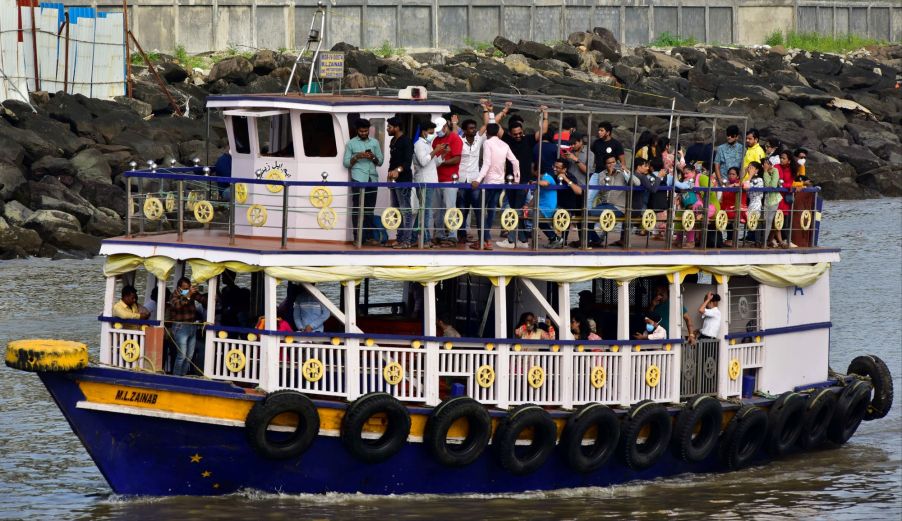
Is It Legal For Passengers to Drink On a Boat?
There’s no question, operating a boat under the influence is highly discouraged by the law when considering boating safety. In fact, it may cost you your boating license or land you in jail. This is understandable given you could be endangering the lives of your passengers and other people on or in the water. Whether it’s legal for passengers to drink while boating is an entirely different matter.
It’s often legal for boat passengers to drink, although it’s not a given. The circumstances may change depending on location, local laws, and other factors. As such, here’s what you need to know if you’re worried about the viability of passengers drinking on your boat.

States that allow passengers to drink on a boat?
Most states allow boat passengers to drink, especially if the boat operator and crew are sober. More specifically, there aren’t any laws prohibiting passengers from drinking on a boat. That said, states like Alaska and Connecticut strongly discourage boating while intoxicated, even for passengers.
The circumstances in which passengers can drink on a boat will change depending on the state or location. Arkansas is a great example, and according to the Arkansas Game & Fish Commission, boat passengers are only allowed to drink while in transit on the waterways.
States that don’t allow passengers to drink onboard and potential consequences for ignoring the law
Kentucky is the only state that has fully outlawed drinking on boats. The Kentucky Department of Fish & Wildlife Resources states Kentucky law prohibits drinking alcohol in public. Furthermore, it asserts waterways in Kentucky are considered public spaces, ruling out drinking on boats.
Notably, penalties for passengers caught drinking on a boat illegally vary from state to state, depending on local laws. Additionally, the boat operator and crew may also be dragged into the mess. Nonetheless, some possible punishments include hefty fines, the boat operator losing their license, and even jail time.
Risk factors for passengers drinking while practicing boating safety
Boat safety can be complicated and becomes even more so when alcoholic beverages are involved. The Maritime Executive touts alcohol as a leading contributor to boating accidents. As such, even if you’re not drinking as the boat operator, there are other risk factors to be aware of.
First, alcohol tends to impair balance and coordination, which increases the risk of passengers falling overboard. If they’re drunk, their responses to the situation may be slow and uncoordinated, leading to drowning.
Next, alcohol affects your judgment, which may present itself in harmful behaviors on the part of the passengers. Examples include taking off life jackets, playing with the boat’s controls, intentionally jumping out of the vessel, and more. All these are risky behaviors and may distract the skipper and the crew from their jobs, proving fatal.
Ultimately, drunk passengers increase the risk of boating accidents exponentially. Consequently, regulating the amount of alcohol each person takes and enforcing responsible drinking could help prevent a horrible boating accident.
Other boating safety tips
Boating safety doesn’t end at drinking responsibly. You need to check the weather and condition of the boat before you go out on the water. Mixing a storm and drinking passengers is a bad idea. Furthermore, you can ensure there are no engine problems and you have enough fuel.
Next, you need to pack the proper safety equipment. This includes signaling equipment, life jackets for all persons on board, throwables, and even multiple forms of communication equipment. Sharing a float plan with your loved ones makes it easier for the authorities to find your boat if anything goes wrong.
Ultimately, if you’re boating outside Kentucky, it should be fine for passengers to drink on the boat. Nevertheless, you still need to research the boating laws in your location before you set out. It may reveal some additional rules you need to adhere to if you hope to remain on the right side of the law.


